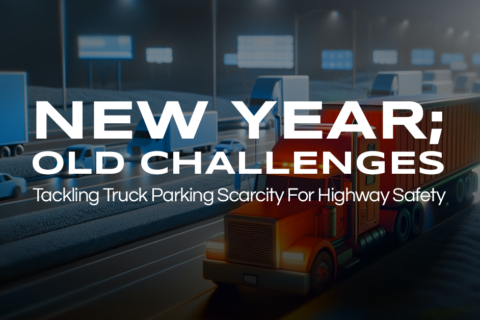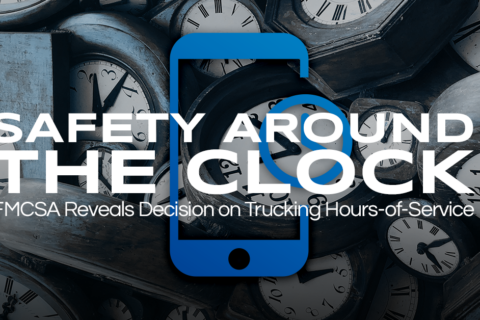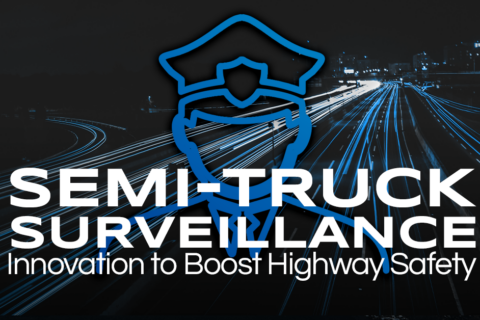Chilly Challenges: Knoxville’s Snowfall and the Winter Trucking Experience
Winter in Knoxville: A Snowy Scene Unfolds Our own neck of the woods, Knoxville, TN, was recently transformed into a picturesque winter wonderland, with the city covered in up to 11 inches of snow. The National Weather Service Meteorologist Lyle Wilson reported this significant snowfall, which varied across regions, being less in areas near the Great Smoky Mountains. As the snow ceased on January 16, the city prepared for biting winds and plummeting temperatures, dropping below zero. Join us as we delve into the wintry conditions and explore the impacts we’re already seeing this season. Trucking Trials on Icy Roads In the thick of winter, the importance of road safety becomes starkly apparent. Nebraska’s Wynne Transport Service experienced a close call, evident in a dash cam video from a crash on I-70 in Colorado, dated January 2, 2024. The footage shows a semi-truck narrowly avoiding a catastrophe after being cut off by a small black car. Despite the car fleeing the scene, the truck driver managed to halt safely, underscoring the unpredictability of winter roads and the need for heightened vigilance. Winter Trucking: Safety First This hair-raising incident highlights the critical nature of winter driving safety for truckers. This is why we’d like to share a handful of essential tips for any wintery roads you may navigate this season. Now, everyone knows the basics which include slowing down, keeping a safe following distance, and using tire chains for better traction. Beyond those, regular vehicle checks – brakes, lights, tires – are non-negotiable for ensuring a safe journey. These measures are vital, especially for truckers looking to navigate treacherous winter roads with confidence and caution. While those are all great tips, let’s dive a bit deeper. The Key to Winter Driving: Defensive Tactics Defensive driving, a set of techniques to ensure a proactively safe style of driving, takes center stage in icy conditions. Truckers must stay alert, anticipate sudden stops, and be wary of other drivers’ erratic behavior. The Wynne Transport incident is a prime example of why avoiding sudden movements is crucial. Additionally, taking regular breaks can prevent the fatigue that often contributes to winter driving accidents. Embracing the Cold: Essential Preparations As we face the challenges of winter, staying informed about weather and road conditions is crucial for truckers and residents alike. Ensuring your truck is winter-ready, equipped for emergencies, and practicing defensive driving are all part of embracing the winter challenge. Adjusting speed and maintaining a safe distance are also key to navigating snowy roads safely. Closing Thoughts: Your Insights Matter Winter in Knoxville brings its own set of challenges and learning experiences, especially for those in the logistics and industrial staffing sectors. Your experiences, insights, and safety tips are invaluable to us and the community. Share your thoughts and advice on winter driving in the comments below. As always, your opinions shape this industry and help us all stay safe and informed. If you made it to this part of the article, we’d just like to take a moment to thank you for taking the time to read this news recap. Be safe out there and as always, If you’re in search of CDL A, B, or warehouse positions, check out our open positions. And if you need staffing solutions for commercial driving or industrial positions, be sure to explore our offerings.






Recent Comments